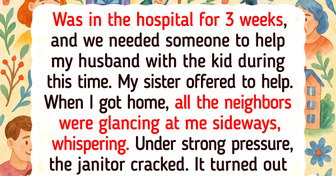Tents inside houses to keep the warm and sleeping all together sounds like a very comfy situations ??
13 Saving Secrets From Different Countries That Look Ridiculous, but May Be Worth Trying
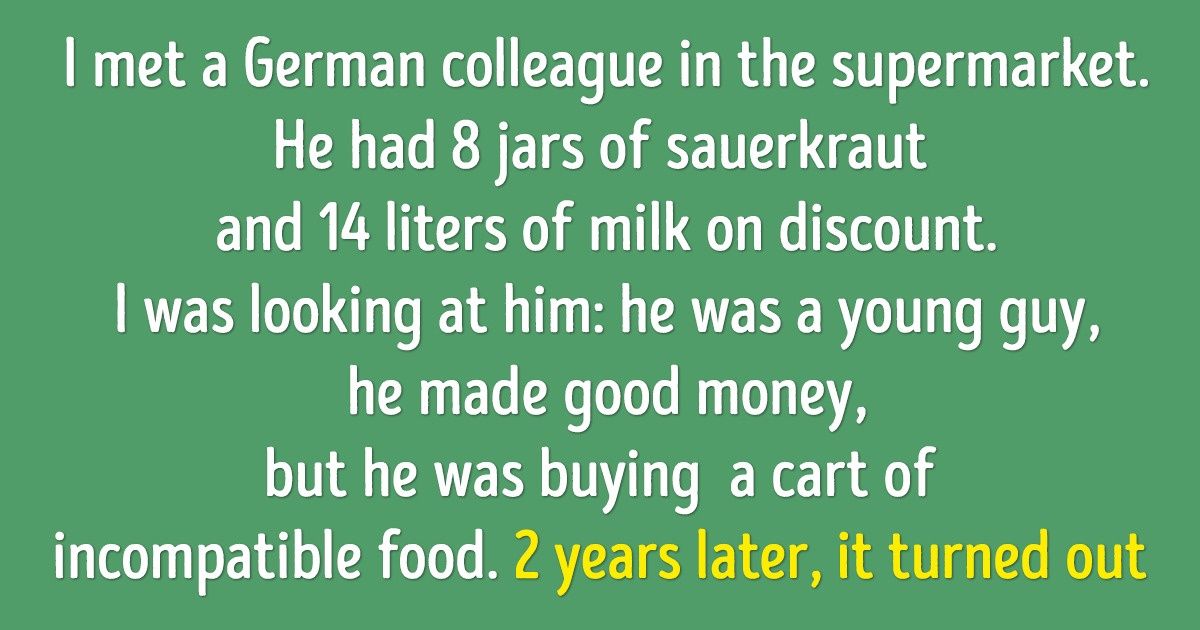
Not only poor people have to save money but on the contrary, it’s somewhat trendy to be thrifty. Everyone tries to optimize their budget in different ways. But even if you think that you’re good with money, you probably don’t know about how Australians press clothes without irons and save on electricity.
We at Bright Side figured that nothing could surprise us anymore. But once we saw these saving methods that people from different countries use, we realized what it really means to be thrifty.
Japan
- In Japan, there’s a special culture of different hygiene procedures: they wash themselves in the shower and then rest in the bathtub — nobody wants to miss a bath. But filling the whole bathtub for every single family member can be very expensive. This is why it’s considered totally okay to lie in the same bathwater one by one. They get into the bathtub when they’re already clean, so the water is clean too, and the temperature is supported with special devices. In other families, they prefer to take baths together: children take baths with their parents until they’re teenagers. For Japanese people, it’s a regular way of spending time together, like watching TV.
- But it doesn’t end there: once everyone has had a bath, the water is then used for laundry. Many washing machines have special pumps that take the water out of the bathtub. This is a great way to not only save money, but to do the laundry in warm water because in Japan, washing machines don’t have heaters.
- You probably know that the Japanese are very hardworking and they stay in their offices for long periods of time. And if it’s too far from home, a taxi can cost a lot of money. So in order to save money, some people just spend the night in capsule hotels during tough working weeks.
Australia
- 69% of Australians admit that they try to avoid ironing their clothes and 41% of them say that they’ve never even used one. These resourceful people find different ways to press their wrinkled clothes. One way they avoid ironing is by hanging their clothes on hangers and leaving them in the bathroom while someone is taking a shower. The steam smooths out the wrinkles, saving electricity and time.
South Korea
- In South Korea, just like in many European countries, electricity is very expensive and many households don’t have central heating. This is why in winter, South Korean homes are very cold — best-case scenario, it can be about 68°F. But they found an interesting way to stay warm. In the living rooms and bedrooms, they set up tents right on top of the beds and several people sleep inside them.
European countries
- The Germans are incredibly thrifty people. They try to wear all their clothes as carefully as possible in order to sell them later. About 1/3 of all Germans give their clothes to secondhand stores or sell them on special websites.
- Germans are not fans of buying new clothes — the average person spends about $700 a year on clothing. In Great Britain, for example, they spend more than $1,100 a year. The secret is that Germans, just like many other Europeans, love sales and always wait for them. And many French people even take days off during sales to buy clothes at cheaper prices.
- Many European houses and apartments don’t have central heating and using heaters can be really expensive because electricity comes at very high prices. But people found a solution: at night, they turn off the heat and maintain comfortable temperatures only in beds, using toy-shaped warmers.
- In Sweden and Switzerland, it’s totally okay to present shares of companies or savings accounts to adults and children.
- Many Europeans buy furniture on sale and sometimes don’t even spend extra money on movers. They can rent a truck and ask their family to help.
- Germans have a way of furnishing an apartment without spending a penny. Once a year, people just take out all the big items they no longer need and a car comes, picks up the stuff, and takes it away. But very often, people can find good devices, appliances, and furniture, among this stuff.
- Europeans love discounts and good offers when buying food. Here’s what an immigrant said about his first month in Germany: “I met a German colleague in the supermarket. He had 8 jars of sauerkraut and 14 liters of milk on discount. I was looking at him — he was a young guy and made good money but he bought a cart of completely incompatible foods. But 2 years later, it turned out that he and his wife bought a house that was 400 square meters. Then I remembered our meeting at the supermarket and understood who was smart and who wasn’t.”
How do you like these saving methods? Would you ever try any of them?
Comments
Million of thanks for this....
Actually thinking about this Australian "trick".. you can save so much money energy just by not suing your iron.
To be honest, giving your child a share of a bank account is such a cool idea!
"Then I remembered our meeting at the supermarket and understood who was smart and who wasn’t.”
I was supporting two people on a salary my co-workers claimed was barely adequate for one. Then the firm started a 401k retirement account, and I was the only one below the top level who was able to juggle my budget to put the maximum 15% in. Which now means that all those fancy coffees and restaurant meals that I passed up, buying used cars for cash instead of having a car payment, allows me to retire, while the rest of them are looking at their debt load and realizing they will work forever.
Related Reads
20 People Who Saw Bizzare Things at Someone’s House and Are Still Thinking About Them Years Later

15 People Whose Beauty Salon Adventures Could Fill a Novel

My Parents Abandoned Me at 18, Now They’re Begging for My Forgiveness
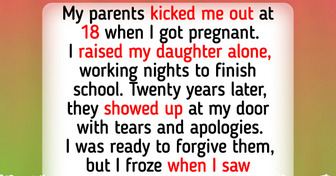
I Lost a $120K Job Over a Ridiculous Interview Test

I Refused to Be a Free Hotel for My Late Son’s Family: They Eclipsed My Life

I Was Shamed by HR for Leaving at 5:50—So I Counted My Boss’s Watercooler Breaks
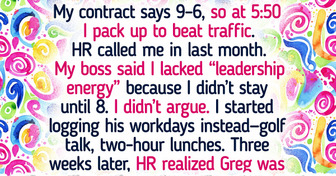
16 Shopping Stories That Prove a Trip to the Supermarket Can Be More Entertaining Than a Blockbuster Movie
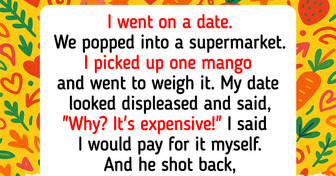
I Refused to Be Treated Like a Maid in My Own Home—So I Changed the Rules
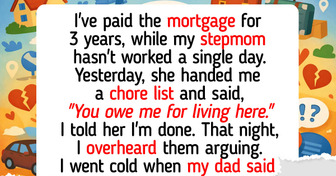
MIL Invited Us to FIL’s Bday But Expected Me to Pay $100—I Refused
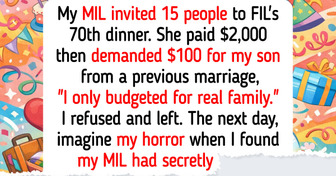
14 People Who Just Went With the Flow and Ended Up With a Story Worth Telling

I Refuse to Talk to My Friends After They Tricked Me Into Eating Meat—I’m Vegan

18 Stories That Prove Living in an Apartment Is Like Having a Front-Row Seat to a Comedy Show
